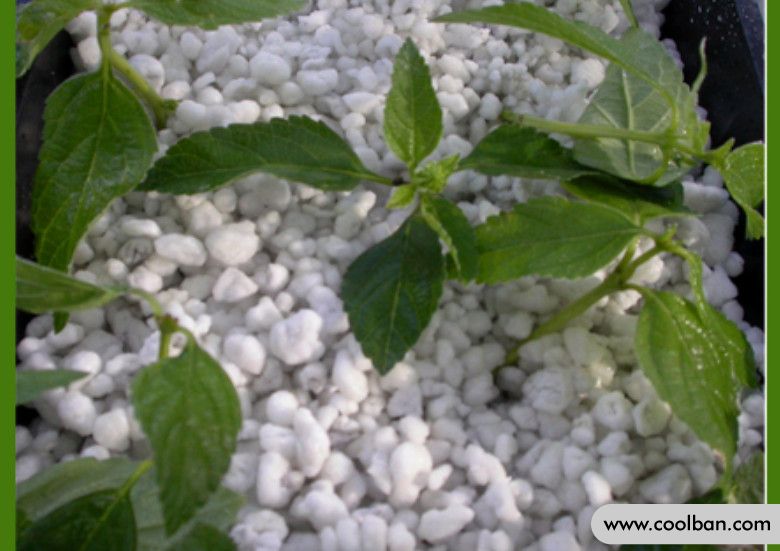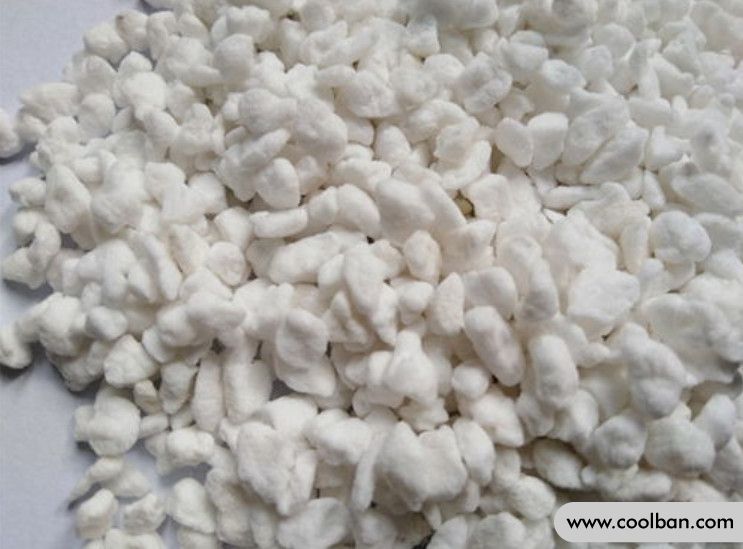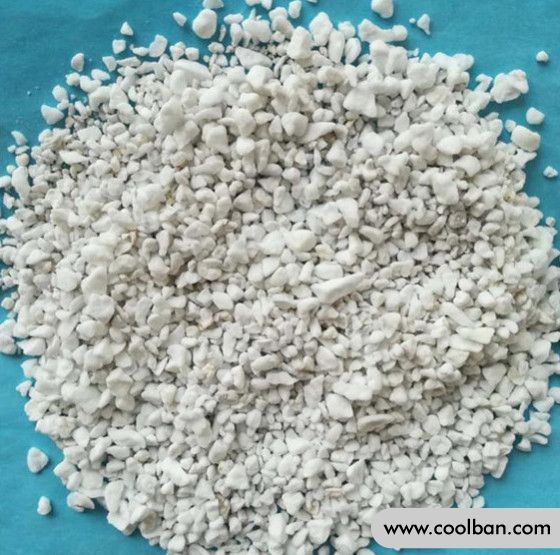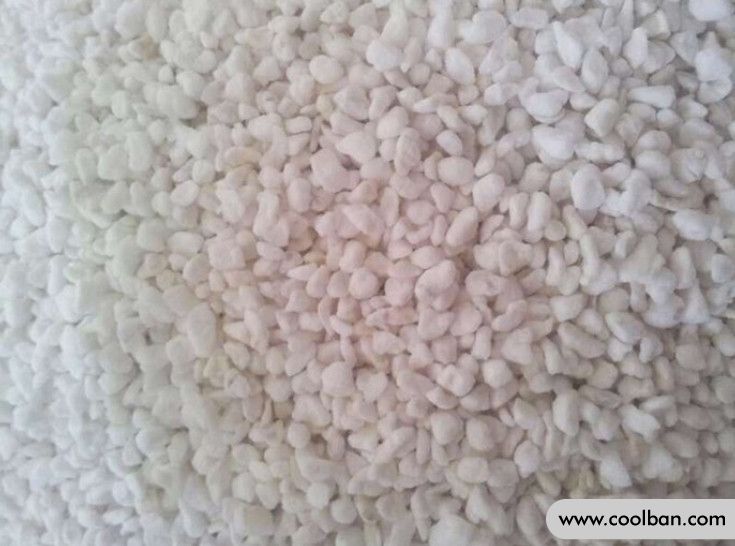What is the role of perlite in gardening?
Perlite occurs in nature and is a dark, dense mineral that has been processed to make it white and ultra-light to improve soil quality. It is a naturally occurring mineral, a type of volcanic glass, black or dark grey, and described as an amorphous mineral, which means it has no structure. Many people call it a Styrofoam ball because they look similar. So, what does this natural mineral do to the soil? What makes it such an ultralight soil composition that most gardeners prefer?

What effect does perlite have on soil?
Perlite is a soil conditioner that helps solve many problems in indoor and outdoor farming, here are some of the soil problems it can help with.
Effect on soil 1. It can loosen heavy clay and prevent soil erosion.
2. Aerate any type of soil and help the roots get enough oxygen and nutrients.
3. It is beneficial to root growth.
Action on soil 4. Protects plants from stress by shielding the soil from temperature fluctuations.
The effect on soil 7. Make the soil light enough, well ventilated and well drained. Such soils help prevent growth problems such as root rot, fungal or bacterial diseases.

How to use perlite in the garden
Perlite can improve soil quality in your yard, especially when it comes to drainage issues. For example, if your garden's soil is mostly clay, fallen leaves may form, or there may be too much water left on the soil surface. Using perlite to lighten dirt in your garden soil will not only drain the water, but it will also allow the roots of your plants to grow better.

Five advantages of perlite:
Advantage 1. Can be reused
Perlite does not break down in the soil like other soil amendments. It retains its shape and can be reused to preserve houseplants. The only situation where reusing perlite is not recommended is if your plant has a disease. While perlite can be sterilized, it is best to discard all diseased soil with the perlite and start over.
Advantage 2. Has a neutral pH value.
Adding perlite to soil does not change its chemical composition. Therefore, if you need acidic or alkaline soil, perlite is an excellent choice for improving soil texture. The acidity or alkalinity of perlite corresponds to the soil in which it is found.
Advantage 3. Does not absorb nutrients
Another advantage of perlite is that it does not absorb plant nutrients from the soil. Some soil conditioners, such as coconut palm, rock wool, or rock wool, can absorb nutrients from the soil. To reuse perlite, simply rinse it off and reuse it.

Advantage 4. Cheap price
The low cost of perlite makes it a popular product for gardeners and home plant owners. Of course, if you only have a small number of home pots, the cost may not be too much of an issue. However, if you need to improve soil texture in your yard or care for a large number of houseplants, the low cost of high-quality perlite is a big plus.
Benefit 5. Aerates the soil and improves drainage
One of the most important benefits of using perlite in soil is that it helps prevent many growth problems. Perlite is excellent at improving soil drainage, aeration, and preventing soil compaction.
Advantage 6. Very light, usually light white.
Advantage 7. Ideal soil medium for potted plants, balcony planting, window frames and decorative containers.
